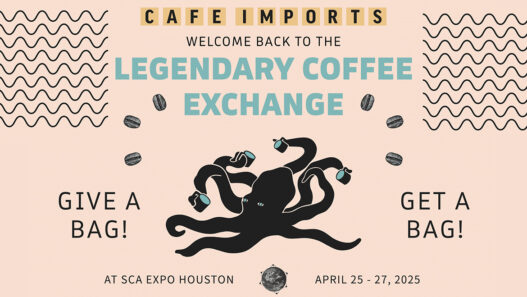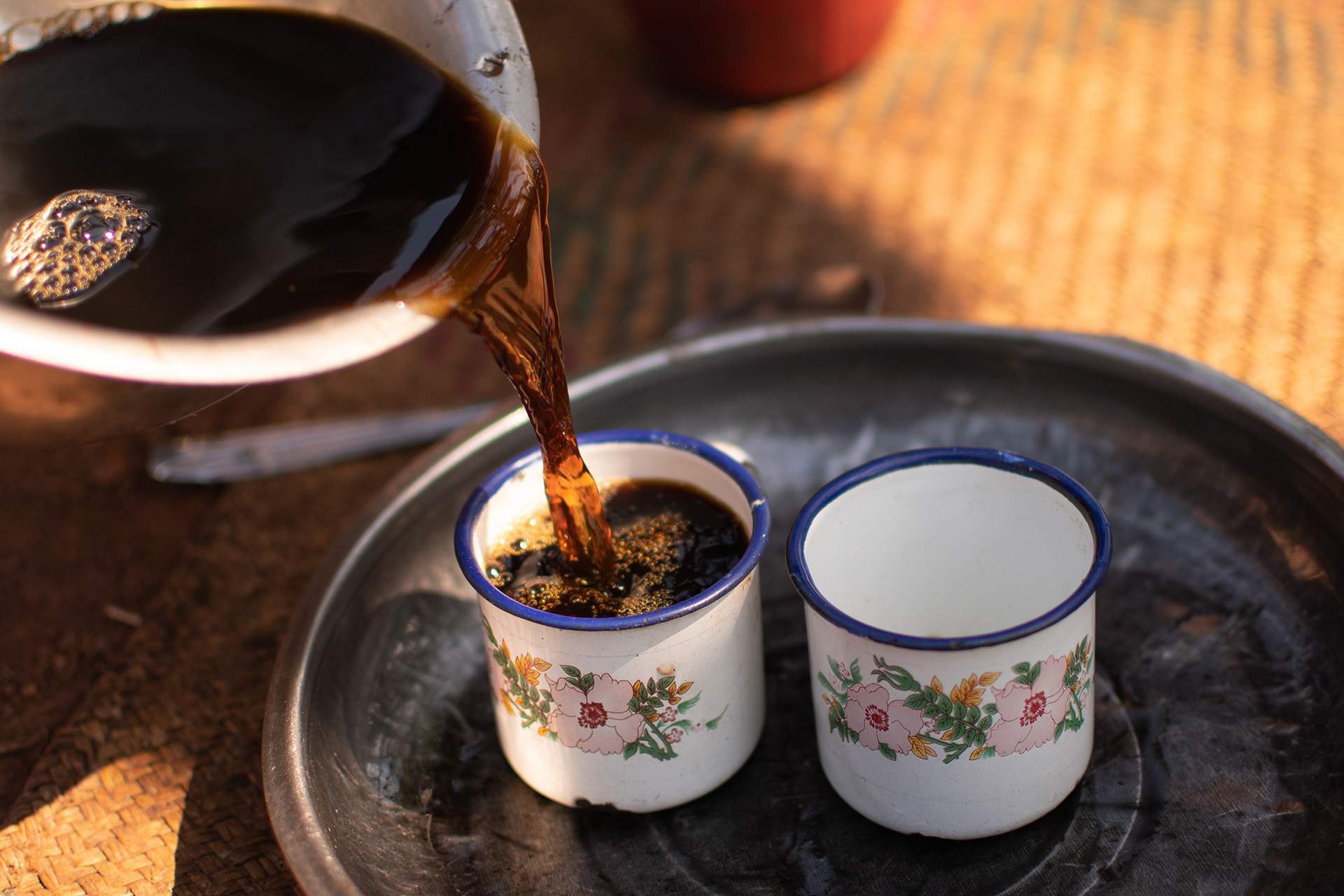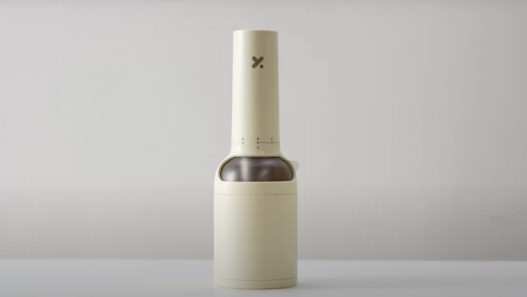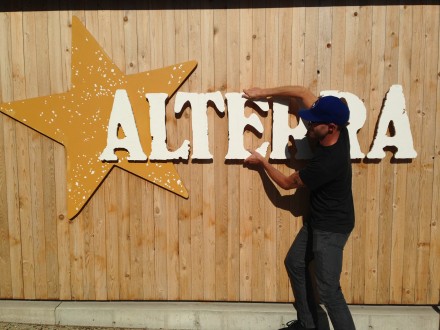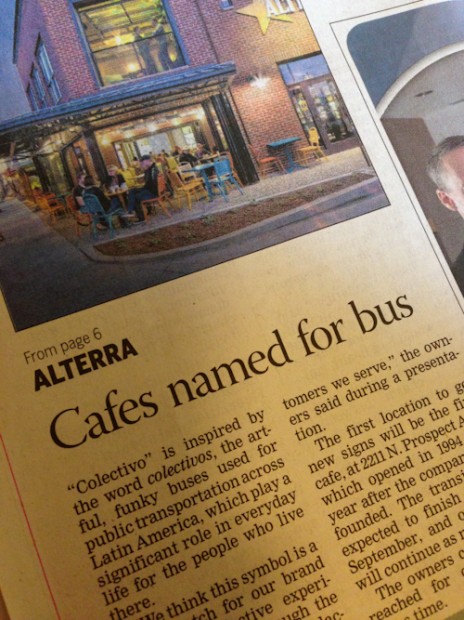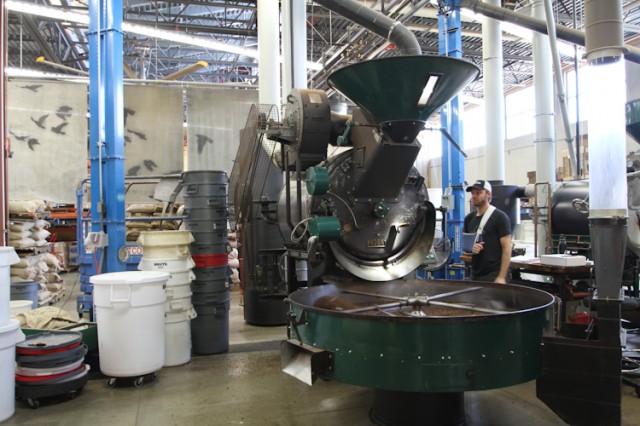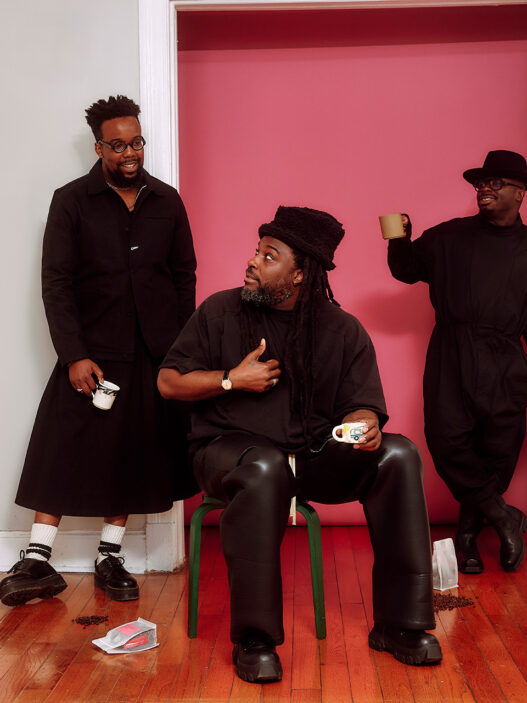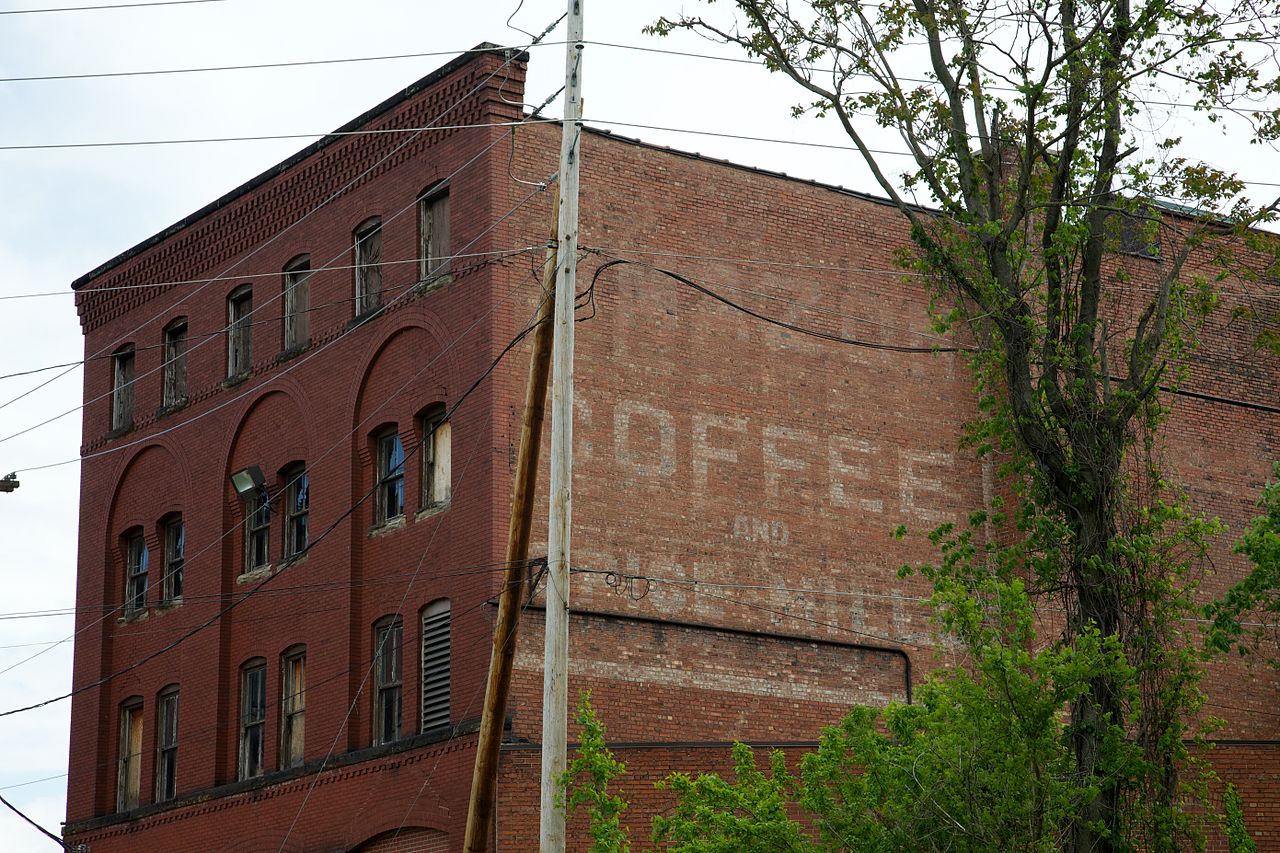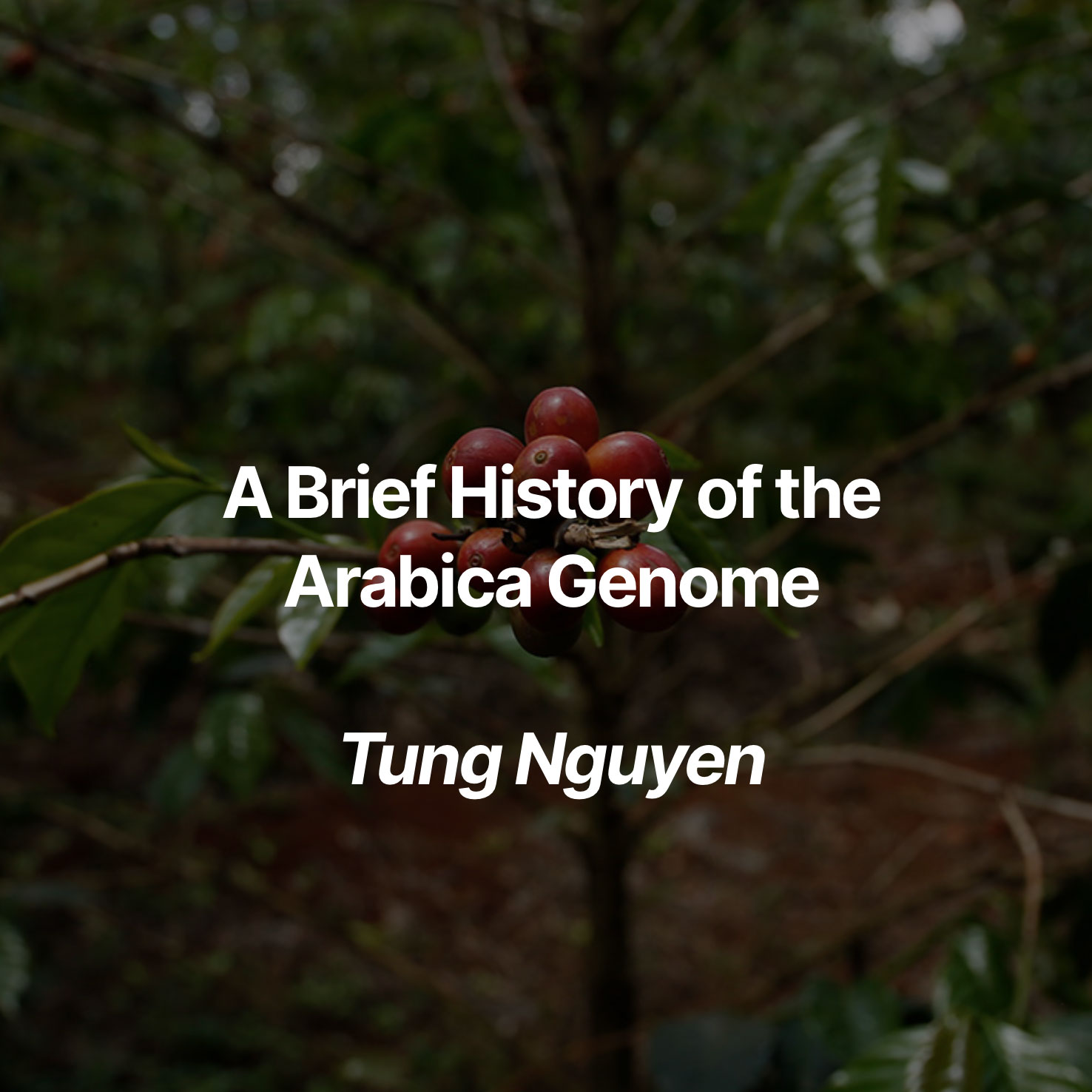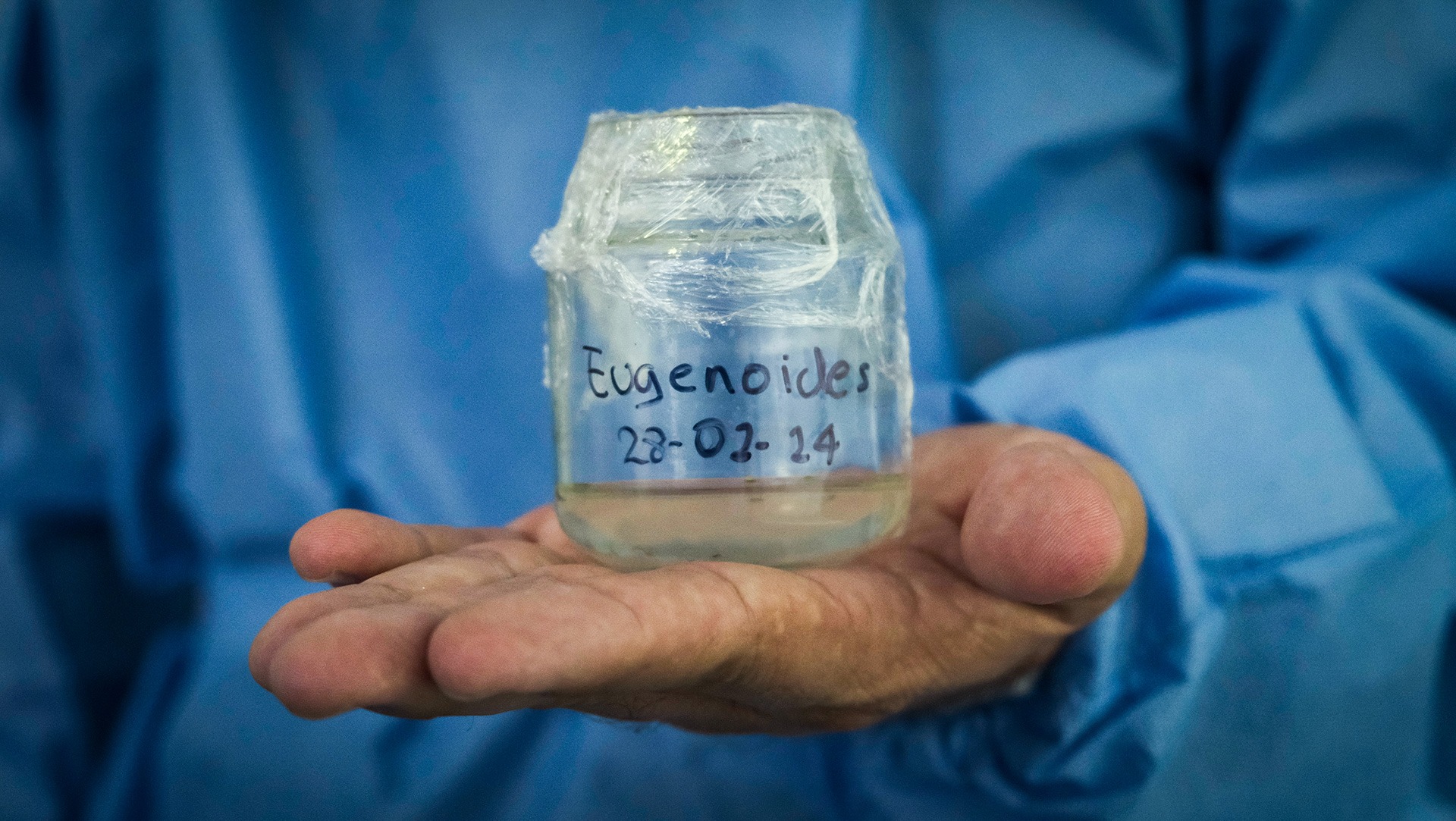A kerfuffle was had across the nation last week, or at least the Middle West, when Milwaukee-based mini-chain Alterra Coffee Roasters announced it would be renaming, effective immediately, to Colectivo Coffee. The change came as a shock to many followers of the local brand, who’ve made a name for themselves nationally as well with quality coffees, talented barista competitors, and neat coffee shirts with horses on them. What most of the shock-stricken misunderstanders misunderstood, however, was that while, yes—the change was precipitated by the sale of the “Alterra” name and brand identity to Mars Drinks—this change actually happened three years ago.
“It’s a story of a breakup more than anything, but it’s also a story of a transaction that people didn’t really understand,” said Paul Miller, one of Colectivo’s three owners along with Ward and Lincoln Fowler. I chatted with Mr. Miller over coffee at Colectivo’s 5th Ward Foundry location the morning after the announcement; I’d arrived in Milwaukee the day before, to cover the changeover for Sprudge.
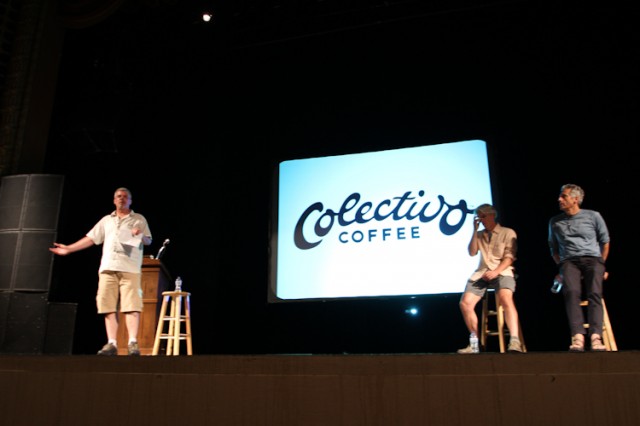
It was a hard business deal for many to understand because it was simply a strange business deal.
“People thought we sold our company to Mars, or we were a subsidiary of Mars,” said owner Lincoln Fowler. “We did a transaction that was so weird that people didn’t get it. We sold a 7-letter name that we made up, and a star, to Mars. That’s such an unusual transaction and that’s what it boiled down to, and that’s why when we change our name, nothing else changes. We remove the word Alterra from our signage and put on Colectivo, and that’s the only thing that’s changing,” Mr. Fowler told me. (Nevermind how many to-go cups are going to need to be recycled and donated to charity.)
The 2010 deal, originally intended to be a five-year commitment, saw Mars purchase rights to the name Alterra to use in its office and single-brew coffee verticals, among other things. Alterra, the cafe chain in Milwaukee, had thus been leasing the name back from Mars since the 2010 transaction. Beyond branding and identity restrictions, including being prohibited from distributing coffee out of the region, Alterra cafes stayed largely unaffected by the agreement on a day to day level, where customers (and drinkers) were unlikely to have noticed the difference. What they would notice was the substantial growth Alterra underwent thanks to the influx of Mars cash: two new cafes (one of which, in the Bay View neighborhood of Milwaukee, also houses the chain’s commissary and baking operations) and the precipitous expansion of Alterra’s staff, which has grown by more than 150% since 2010.
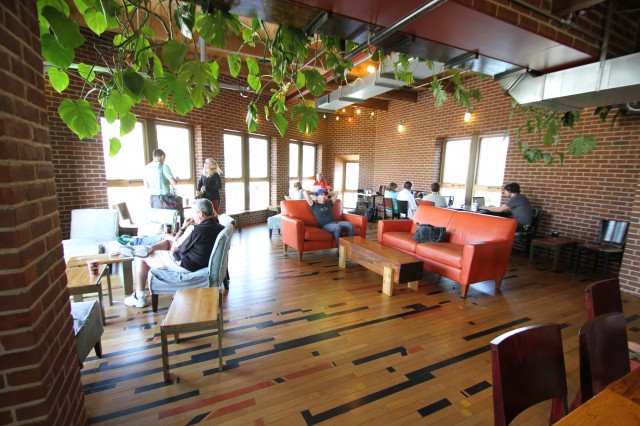
Also a surprise to many was the late realization that those Alterra-branded pods and frac-pacs that Mars distributed around the nation contained coffee that had never been anywhere near Milwaukee. Mars-Alterra oversaw its own roasting and sourcing, while the folks on Humboldt Street continued to go about their business separately.
As upsetting as the loss of the regionally iconic name was to many internet commenters, it’s an interesting case study. We’re now firmly in the era of specialty coffee’s development where the most successful roasting chains have access to large scale financial backing from venture capitalists. But what’s in a brand, really? It’s clearly the integrity and history of the pre-Mars Alterra Coffee Roasters that attracted the candy and drinks conglomerate to purchase its name, but what about that name could be so valuable to a large corporation? And ultimately expendable to the local chain that built it?
And if it’s so valuable, what will it mean to Colectivo to have given it up? In a staff meeting last week, as well as in private interviews, Colectivo owners stressed again and again that the transformation was “only a name change”, rather than a rebranding— was this just comforting midwestern reassurance, or stopping short of an opportunity?
“Usually you don’t have a healthy company changing its name,” acknowledged Miller, and indeed it’s the rare organization—airlines post-air-accident come first to mind—that make a positive transition out of renaming or rebranding. Annapolis, Maryland’s Ceremony Coffee, formerly known as Caffe Pronto, is one of the successful examples.
“I think a brand should do a lot of the work for you in communicating what kind of product and service you offer,” said Ceremony’s Vincent Iatesta. “We didn’t feel like our old brand was doing that for us. We would often have to explain or justify our brand.” The 2011 transition from the name Caffe Pronto, which Iatesta said confused many into thinking the specialty roaster was a quick-service, bricks-and-mortar cafe chain, has been almost entirely positive. “We’ve had double-digit growth ever since the rebranding,” said Iatesta, who feels the name Ceremony and minimalistic packaging better situated them in the quality-focused world of specialty.
“We’re part of this new American craftsmanship in coffee, and we needed a brand that was going to better reflect that.”
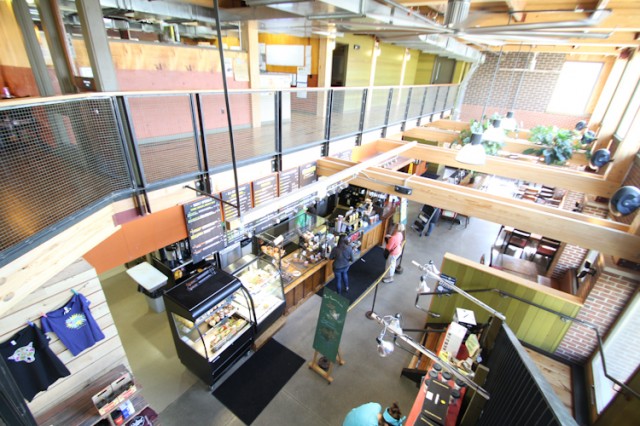
But what will the new/re-direction mean for Colectivo’s actual presence in specialty coffee? They’re hoping it, too, will be able to refocus them on the marketplace in which they started, with the added momentum of the Marsbucks years. Think of this as a company unselling out, and taking back control. The preservation of Colectivo’s nuts-and-bolts-and-beans-and-people speaks well to its future.
And despite the company’s insistence that it’s only a name change, there are subtle branding shifts that are impossible to ignore. For specialty coffee geeks, the word “Colectivo Coffee” may evoke something a bit more Scandinavian. And the typescript of the new logo is eerily reminiscent of another roaster whose name begins with “Co”. (That said, no other company, to our knowledge at press time, has traveled to Guatemala to buy a bus.) Will things like this have an effect on the reborn company’s credibility in the “third wave” world? Maybe. Will they be the most upsetting thing about the change to people in Milwaukee, who actually spend lots of money in these cafes? Certainly not.
Going forward, Colectivo is optimistic that their renewed control over their destiny will allow for great things. “The governor on our innovation engine is coming off,” owner Lincoln Fowler has grown fond of saying.
“The creative leaders of the organization have been kind of idling for a little while, and now I’m actually scared of what’s coming, because they have a lot of new ideas. It’s a huge opportunity for us now, because we can go and do anything we want to,” said Fowler, who pointed to the company’s tea brand, their new line of craft beers, and made more than one allusion to a possible foray into the brewing equipment side of the business. Their thirteenth cafe, in Milwaukee’s Third Ward, is planned for later this year, and we’ve also heard much mumbling about the long rumored C-word: Chicago.
And whether it’s a renaming that grows into a rebranding through newly rediscovered wings, or a continuation of their past success, is all part of a trajectory that remains to be seen. Colectivo’s narrative has no real set of comparisons in the specialty coffee world: 12 cafes in Milwaukee and their own baking and commissary operation, they’re really-big-fish-in-a-medium-sized-town; and there’s never been a comparable naming usage-sold-to-the-big-guys-and-then-splitting-away deal.
How it turns out is up to Colectivo. They’ve been the ones writing the story all along, and all of specialty coffee—an industry that’s slowly but surely beginning to admit it’s in business—has its eyes on the outcome.
Liz Clayton is the author of “Nice Coffee Time“, a regular columnist for Serious Eats: Drinks, and a contributor to Sprudge.com. Read more Liz Clayton here.




